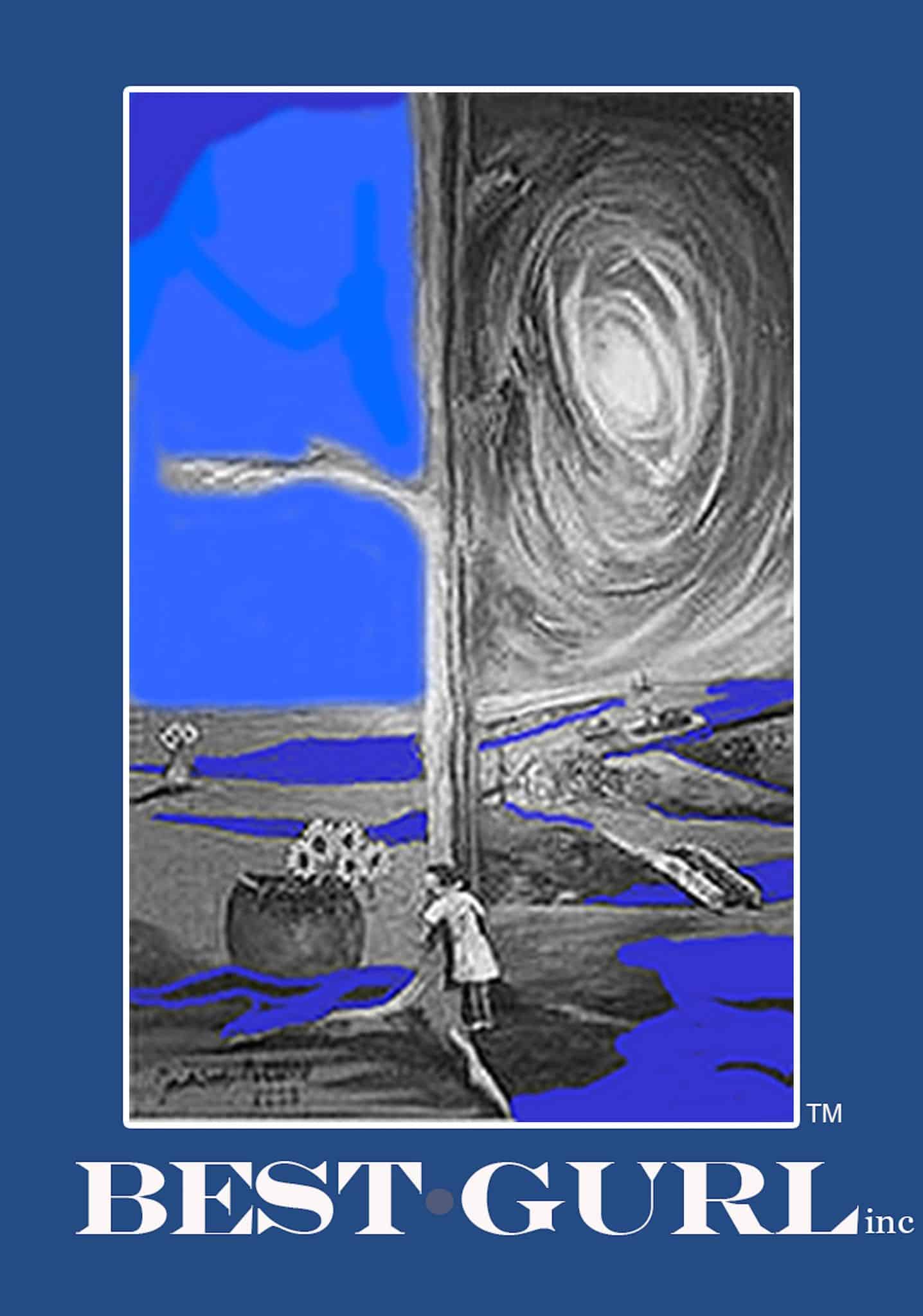

I met the champ, Muhammad Ali, in 1973. I met him at Auburn University. He was on campus for a lecture entitled “The Intoxications of Life.”
As a part of our Journalism class, the professor arranged for students to cover Ali’s press conference. It was being held in the same building our class was in, Haley Center. Excitedly, we packed up our belongings and headed downstairs to see the champ.
I have been a Muhammad Ali junkie since 1964, when I was twelve years old and he beat Sonny Liston in Miami. A young potential athlete, I invested my time and attention on athletes who had a social conscience, who wanted to make a difference, who had something to say and who often became controversial if they chose to speak about human rights. Ali had something to say and the boxing ring could not contain him.
He changed his name from Cassius Clay, his given name, to Muhammad Ali, which he said meant, “worthy of all praise most high.” He upset the boxing world by beating the “Big Bad Bear” Sonny Liston. He became a Muslim minister. He declared himself the greatest heavyweight champ of all time, which did not set well with the previous generation. He shook up the world with, “Just take me to jail.” As a conscientious-objector, he refused to serve in the US Army after being suspiciously reclassified 1A. He had originally been disqualified for military service. Ali said that he would not fight the Vietcong, and was stripped of his title.
Ali lectured on college campuses across America. Gave people hope that they could have better lives. He became a different symbol of courage. Eventually the US Supreme Court unanimously reversed a lower court decision and granted Ali his conscientious-objector status. He came back to boxing and lost for the first time to his rival Smoking Joe Frazier, (a fight I saw closed-circuit in Columbus, Georgia). He lost to Ken Norton (saw that one too), who had broken his jaw. Now, he was in Auburn, just a few feet in front of me.
I sat there with my reporter’s pad and pen. I was in heaven.
The champ spoke about the “Intoxications of Life.” Ali talked about humbling himself after his two defeats, which he attributed to his immersion into life’s intoxications; too much money, too many women, long nights, not enough training, and not enough godly living. It seemed a perfect message for those of us from the past year’s football team. We had finished the season 6-6 after two seasons of 9-2 and 10-1. Perhaps we had gotten too full of ourselves as well.
After the press conference, Ali put on a show at my expense in the lobby of the auditorium. The photo captured by university photographer Les King, hangs on a wall in our home. The champ has a playful but serious look on his face as he squares off in perfect boxing form shouting at me, “JOE FRAZIER, JOE FRAZIER.” My hands are up in a defensive pose. My fists are not balled up and I am laughing really hard. I too am wary though. He was incredible fast. I dared not make a false move. Afterward, I was interviewed and asked what it was like to square off with the champ.
Our paths would somewhat cross again 22 years later when I performed the one man play “Ali” in my hometown of Birmingham, Alabama. I sought out the script and director, then played the champ as a young man who would morph into the older version of himself as he was beginning to struggle with the same Parkinson’s disease that eventually KO’d him. I prepped like an athlete. I researched Parkinson’s, watched film, read magazines, hit the heavy bag, listened to tapes of his voice, studied his walk, and trained… and trained. For the run of that show, to the audience, I was Muhammad Ali.
I still have the robe. Identical to the white one he wore in the ring with his name on the back in big red letters. I still have all the research materials, including the 1971 Life Magazine issue with Ali and Joe Frazier on the cover with photos from the epic fight taken by Frank Sinatra.
In his own words, Muhammad was the greatest boxer of all time. In the play he asks, “Do you know what it’s like to be the best in the world at something? The best in the world?”
He became more than a boxer. To many he was a symbol of hope. Also, in the play he says, “I could knock on anybody’s door in the world and they would invite me in.”
“I shook up the world,” he concluded.
Yes he did.